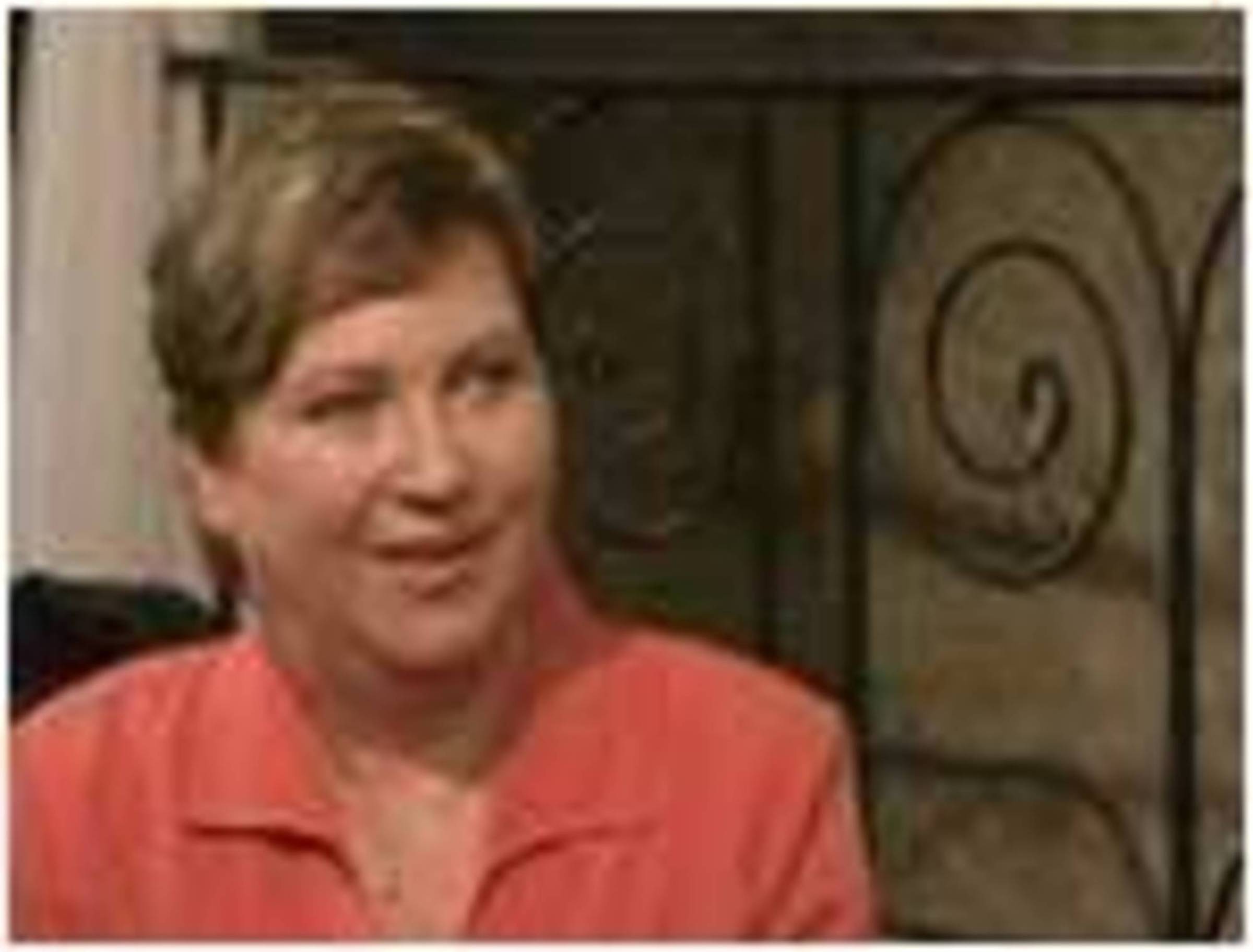Scouts, especially Christian scouts, are ready to go to prison for their beliefs
Blanka Lisovská was born on September 11, 1956, in Ostrava. Her parents were strongly religious people. In 1968, her mother talked Blanka Lisovská into Scouting. Despite her initial reluctance she eventually fell in love with Scouting. She was a member of a Christian Scout troop that existed until it was banned in 1970, but even afterwards the members of the troop continued to meet together under the umbrella of the Organization for the conservation of nature (TIS). When she was 17 years old, she was interrogated by the secret state police because of her contacts with undesirable people, mostly Christian scouts. She met her future husband in the Scout and after their wedding they moved to Slušovice, where they founded the first Christian Boy Scout center in 1990. At that time they already had four own children. Blanka then took care of the children (at first she led the Girl Scouts and then the fireflies) and the adults as well. She also educated new Scout leaders. Together they were able not only to attract hundreds of children to the Scout, but also to build a new clubhouse. She is still very active in the Scout, acting as the deputy of the Center director. In her personal life she went through many harsh times and experiences. She overcame a hideous disease when she defeated cancer. She‘s been a member of the city council and the deputy mayor of the city of Slušovice for several years.

